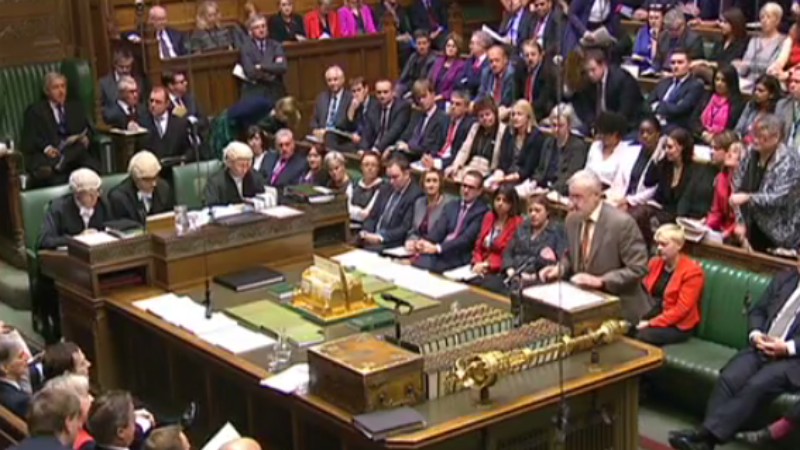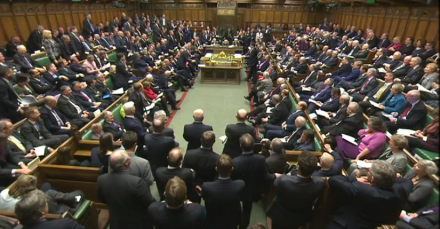

Politicians have often found manifestos to be millstones, dragging them to the bottom of the murky pond of politics well before their proposals come to be debated and written into law.
Already as 2018 arrives, much of the disastrous Tory Party Manifesto of 2017 lies abandoned. The Labour manifesto however, endowed with canonical-like status by many Party members, still awaits its test; written from the ‘safe seat’ of opposition, it was brave in thought and beautiful in design.
Will 2018 be the year that Labour’s promises are put to the test? Of course, I hope so. The manifesto offers hope and is a clean left-wing break from the same-same centrist patter of two decades past. That said, I have a greater wish than Labour seeing through all proposed policies at all costs: the ability to change their minds.
Politicians from all parties have forgotten how to change their minds well. It has been done badly (see Lib Dems on Tuition Fees, a U-turn borne by self-interest rather than popular will).
But sometimes, when the will of the people changes, politicians must not be afraid to listen, read, research, respond and admit they’ve changed their thinking.
Being fixed to a particular party’s colours is great in the main, but are the days of the thinking, responding individual politician really dead? Is each MP’s totality of thought set by the ‘toplines’ sent weekly from Party HQ? I hope not.
As 2016 and 2017 has shown us, the people are in control (or at least, they soon will be). ‘Popularism’ shouldn’t be such a dirty word; we must strive to reclaim it from the dirt of its ‘Trumpian’ associations.
I want to see a UK Parliament where local people are better represented, by elected politicians being able to change their minds to better represent local agendas and local desires.
Recent policy mistakes, barring perhaps the failure to halt right-to-buy, have not been ‘the delusion of the crowd’; the big political errors of recent times, from the Iraq War to the influence that bankers and party donors had on monetary policy, have been at the behest of the political elite.
By encouraging our politicians to take time to form their agenda by listening firstly to their local electorate, secondly to their party and finally (if at all) to their own sense of self-interest, we will have a better breed of politician; there will be something far more honourable in the House.
When politics is about winning at all costs and pursing any ideology without doubt, compromise, debate and thought, we see a coarsening of political life.
As Labour comes back home to the left again (which is great – don’t get me wrong), we must still encourage a range of debate and thought. Persecution of those MPs who disagree with the Party on one issue is a fool’s game (if they disagree on a host of issues, they definitely belong on another team).
If a MP can say with all integrity, I am representing the will of the people who elected me in my area and for that reason, I have changed my mind, they should be supported. Leave the boos and hisses at the pantomime please.
Self-interested elites invited popularism. Labour must tread the next decade carefully: if they pursue any ideology with too much fervour, they risk becoming the new breed of elite: any ‘–ology’ must never come before the people. We must keep listening: to listen is to learn.
Charlotte Cornell is a Labour campaigner in Kent & former teacher. Charlotte blogs here.




More from LabourList
New intake Labour MPs: ‘Why we set up the Living Standards Coalition’
Andrew Pakes MP: ‘We need blue-collar Labour, not Blue Labour’
LabourList readers reveal their highs and lows of Labour’s first year